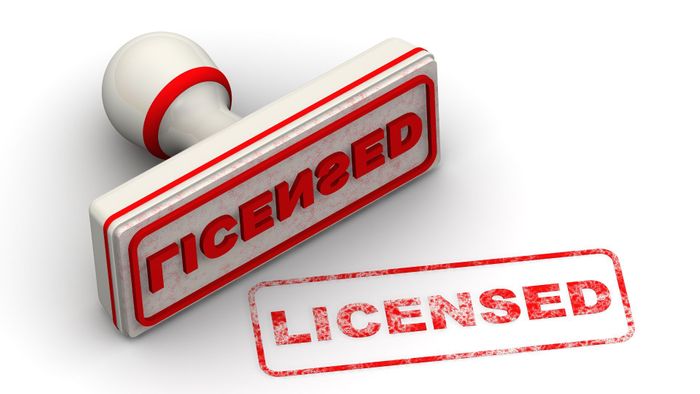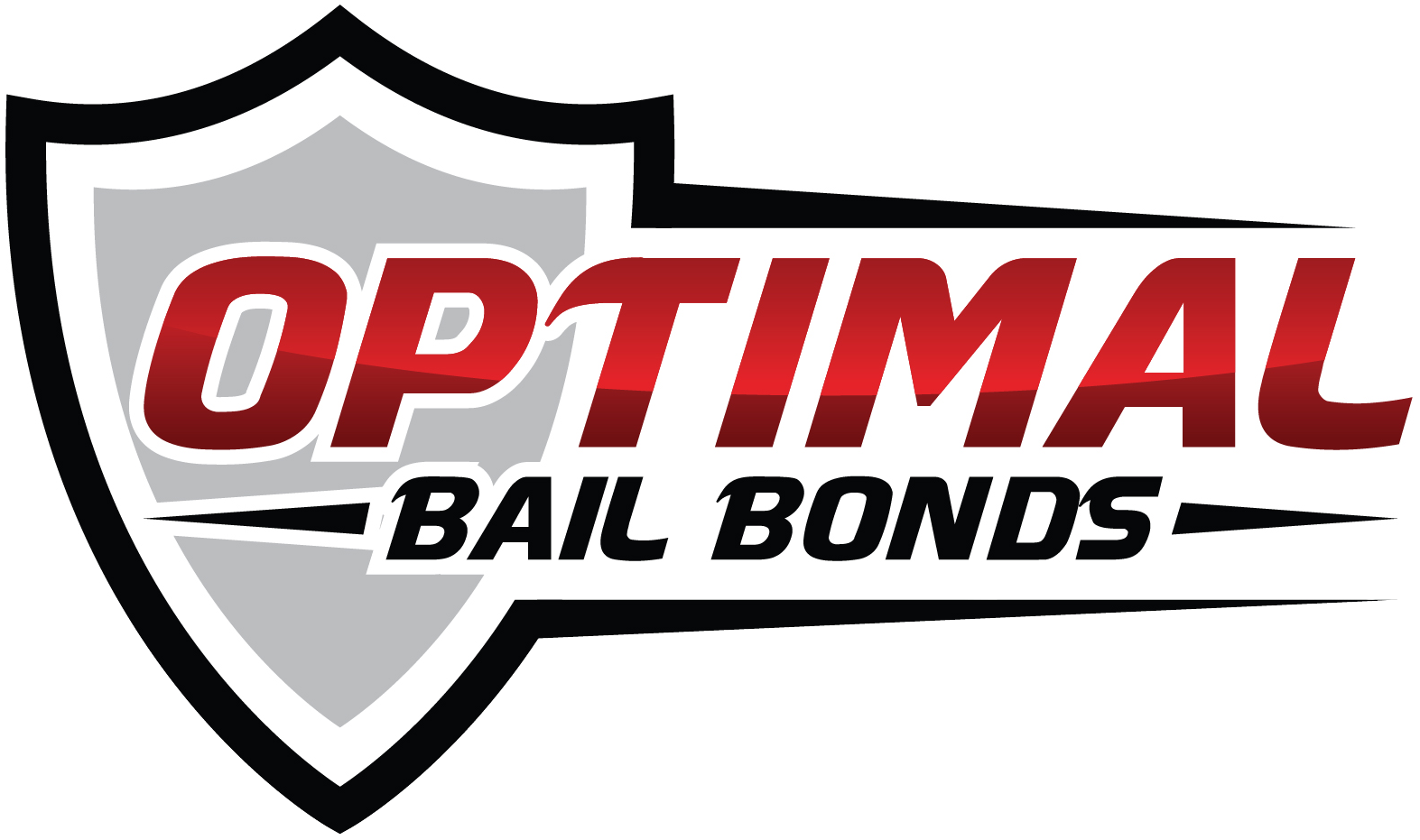If you're interested in becoming a bail bondsman in Florida, understanding the legal framework is crucial. The process is guided by Florida Statutes Chapter 648, which covers the requirements for licensing and conduct, and Chapter 903, which focuses on the rules around bail bonds. In this blog, Optimal Bail Bonds will explore what these statutes entail and how you can meet the qualifications to pursue a career as a bail bondsman, including completing the necessary 120-hour course through convenient online classes or a webinar format.
How to Be a Bail Bondsman in Florida: Understanding Florida Statutes 648 and Chapter 903

What Does a Bail Bondsman Do?
What Does a Bail Bondsman Do?
A bail bondsman acts as a surety for defendants, ensuring they appear in court after release on bail. In exchange, defendants or their families pay a percentage of the total bail amount to the bondsman. If the defendant fails to appear, the bail bondsman may be responsible for paying the full bond amount, as outlined in Florida Statute Chapter 903. To operate legally in Florida, you must be licensed under Florida Statute Chapter 648.
Florida Statute Chapter 648: Licensing and Requirements
Florida Statute Chapter 648 governs the licensure and responsibilities of bail bond agents. Here’s an overview of the requirements to become a licensed bail bondsman in Florida:
Florida Statute Chapter 648: Licensing and Requirements
Florida Statute Chapter 648 governs the licensure and responsibilities of bail bond agents. Here’s an overview of the requirements to become a licensed bail bondsman in Florida:
1. Pre-Licensing Education:
To be eligible, you must complete a 120-hour course approved by the Florida Department of Financial Services. This course provides a comprehensive understanding of the bail bond process, legal responsibilities, and relevant laws. You’ll learn about everything from arrest procedures to surety laws, including how Chapter 903 impacts your responsibilities when posting bonds.
2. Online Classes and Webinar Format:
Many people interested in becoming bail bondsmen are looking for flexible ways to complete their education. The good news is that the 120-hour course is available through online classes in a webinar format, making it easier to meet the requirements from anywhere in Florida. These online classes cover crucial topics such as client management, ethics, and bail enforcement techniques.
3. Pass the State Exam:
After completing the educational requirement, you’ll need to pass the state licensing exam. This test ensures you understand the statutes, your role as a bail bondsman, and the legal obligations involved in the job.
4. Complete the Application:
You must apply for licensure through the Florida Department of Financial Services. Part of the process includes a background check to ensure you meet all legal and ethical standards.

Florida Statute Chapter 903: Bail Bonds and Forfeitures
Chapter 903 of the Florida Statutes focuses on the intricacies of the bail bond system. It defines how bonds are set, the conditions under which they may be forfeited, and how bondsmen are expected to handle forfeitures.
- Forfeitures: If a defendant fails to appear in court, the bail bond is forfeited. Chapter 903 outlines the specific timelines and procedures for forfeiture, including the 60-day window for payment or exoneration of the bond.
- Remission: Bail bondsmen have the opportunity to recover some of the forfeited money under certain circumstances, such as apprehending the defendant within specific timeframes.
- Surrender of Defendant: As a bail bondsman, you have the authority to surrender a defendant if you believe they will not comply with court orders.

Why Understanding These Statutes is Crucial
Being a successful bail bondsman means more than just posting bonds—it requires an in-depth understanding of the laws that govern your responsibilities. Florida Statutes Chapter 648 sets the framework for becoming and staying licensed, while Chapter 903 governs the day-to-day operations related to bail bonds. The 120-hour course you’ll take in your pre-licensing education will cover these statutes in detail, ensuring you know how to legally and ethically perform your duties.
Start Your Journey Today with Online Classes
If you’re ready to take the first step toward becoming a bail bondsman, enrolling in the 120-hour pre-licensing course is a must. With the convenience of online classes and webinars, you can learn at your own pace, from the comfort of your home. This flexible format allows you to complete the course while balancing other commitments, making it an excellent option for working professionals.
